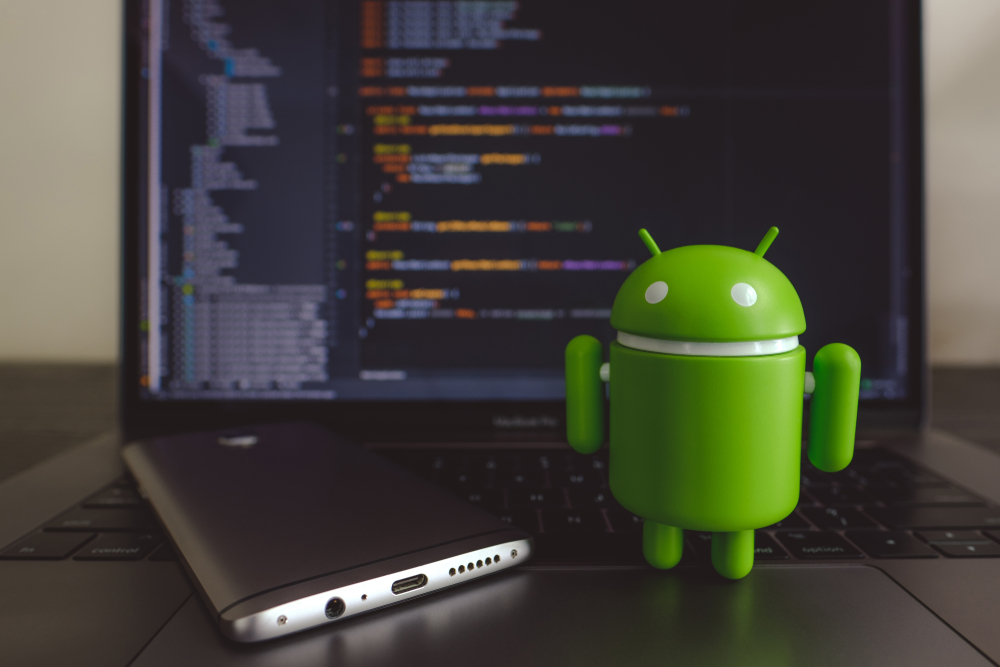Android apps can weigh tens of gigabytes, and this makes installation time-consuming — especially on budget smartphones and tablets. These devices take noticeably longer to install large apps due to limited processing capabilities. Judging by the source code of Android 16, Google has acknowledged this issue and is working on a solution involving cloud compilation technology.

According to Android Authority, the test build of Android 16 includes a new mechanism that allows the system to download ready-made components of an application from the cloud. Instead of compiling everything locally on the device, which is particularly taxing for low-end hardware, some parts of the app may now be fetched pre-compiled. This significantly simplifies and speeds up the deployment process, making the overall installation more efficient.
How It Works and What May Change
Application components can now be stored and downloaded in several formats. These include:
-
VDEX — data used to speed up bytecode verification at runtime.
-
ODEX — pre-compiled code for various methods in the app.
-
ART — Android Runtime internal representations for strings or classes contained in the APK.
High-end Android devices typically generate these components locally without any major performance hit. However, less powerful gadgets struggle to do so, causing delays during the installation process. The new feature introduces the downloading of Secure Dex Metadata (SDM) files directly to the smartphone. These files contain pre-generated parts of the application, allowing even slower devices to benefit from faster app setups.
At the moment, it’s unclear when or if this feature will appear in a stable release of Android 16, notes NIX Solutions. Google hasn’t provided an official timeline, and the details are still limited to early testing phases. Yet we’ll keep you updated as more integrations become available.
This approach could represent a notable improvement in user experience, particularly for owners of entry-level smartphones or tablets. If widely adopted, it might reshape how Android handles app installation in future versions of the OS.
